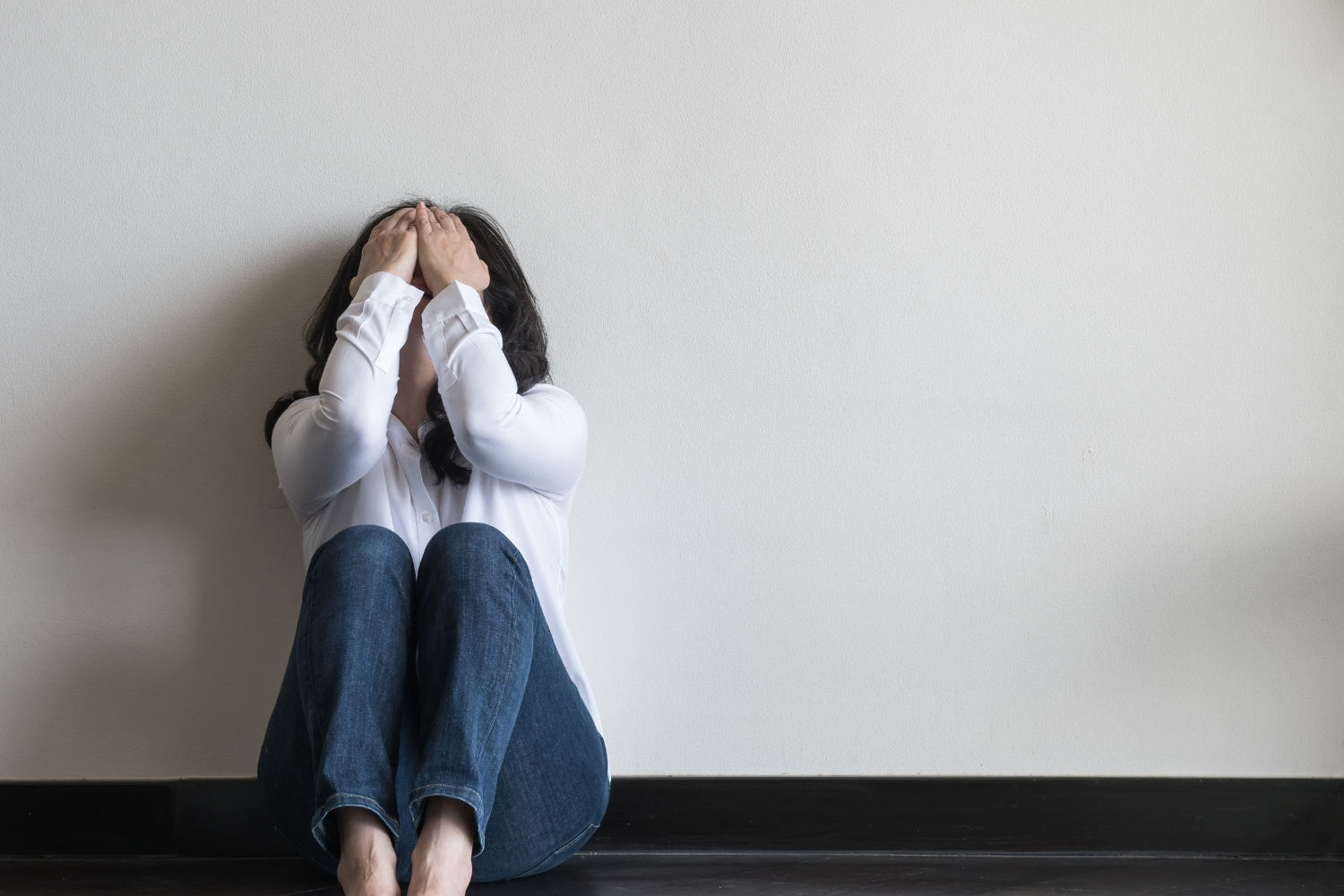
Anxiety is a mental health condition that involves excessive worry, fear, or unease about potential threats to well-being. When anxiety becomes excessive, it can manifest in different psychiatric disorders, for example, generalised anxiety disorder, panic disorder, social anxiety disorder, and phobias.
The clinical presentations are manifested differently depending on the type of anxiety disorder one is experiencing. In general, the physical symptoms of anxiety may include:
Anxiety can arise from multiple causes, both biological and psychosocial. These include:
If you know what’s causing anxiety, fear, or panic, it might be easier to find ways to manage it. Some examples of possible causes include:
Even significant life events, such as buying a house, having a baby, or planning a wedding, could lead to feelings of stress and anxiety.
You might find it hard to explain to others why you feel this way, but talking to someone could help you find a solution.
Anxiety disorders can be treated with a combination of medication and psychotherapy, depending on the underlying cause.Common medications for treating anxiety include selective serotonin reuptake inhibitors (SSRIs), and benzodiazepines for short-term relief. Psychotherapy, including cognitive-behavioral therapy (CBT), is also an effective treatment for managing anxiety.
We must take good care of our mental well-being, just like we care for our physical health. Ensuring that we have a healthy, balanced diet, adequate physical activity, a good amount of rest, and social support is essential for our mental fitness.
If you need guidance or support, Gleneagles Hospital Penang offers the expertise of experienced mental health professionals and psychiatrists, to provide personalised care and advice. Reach out to us today to prioritise your mental health!

Wait a minute

Wait a minute